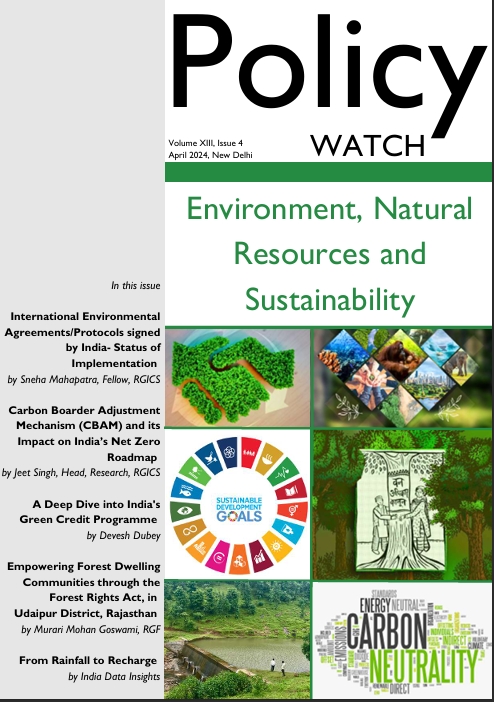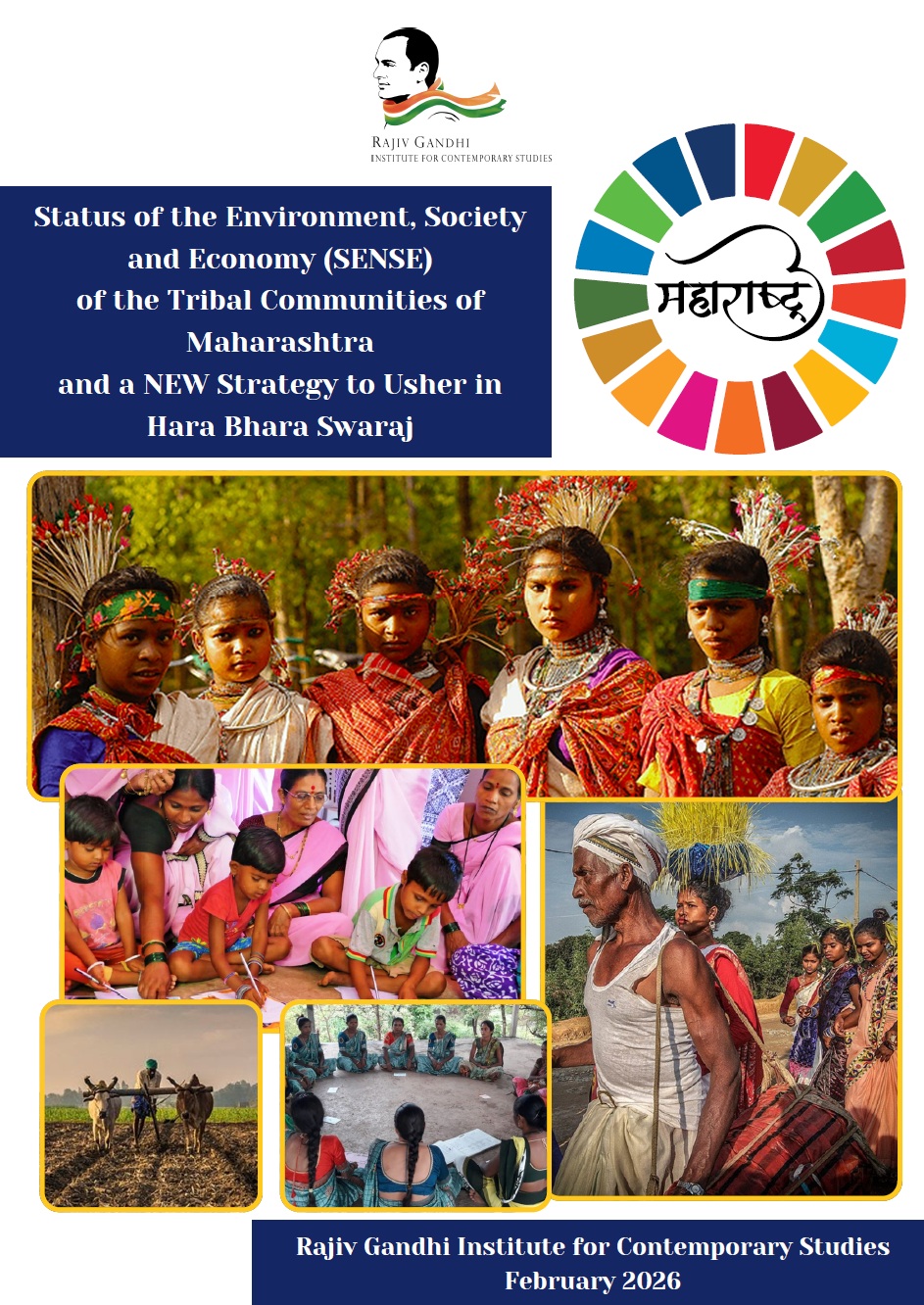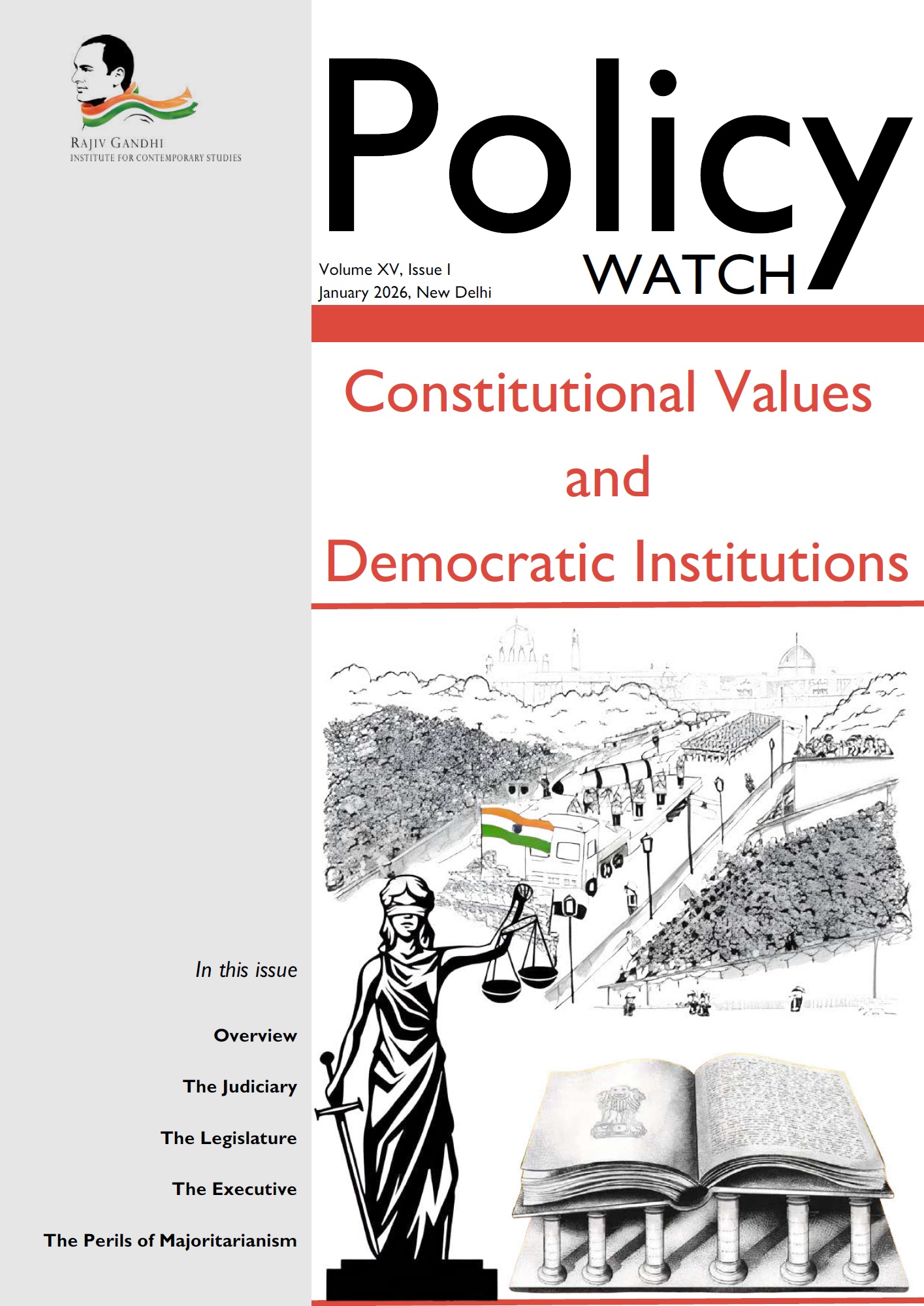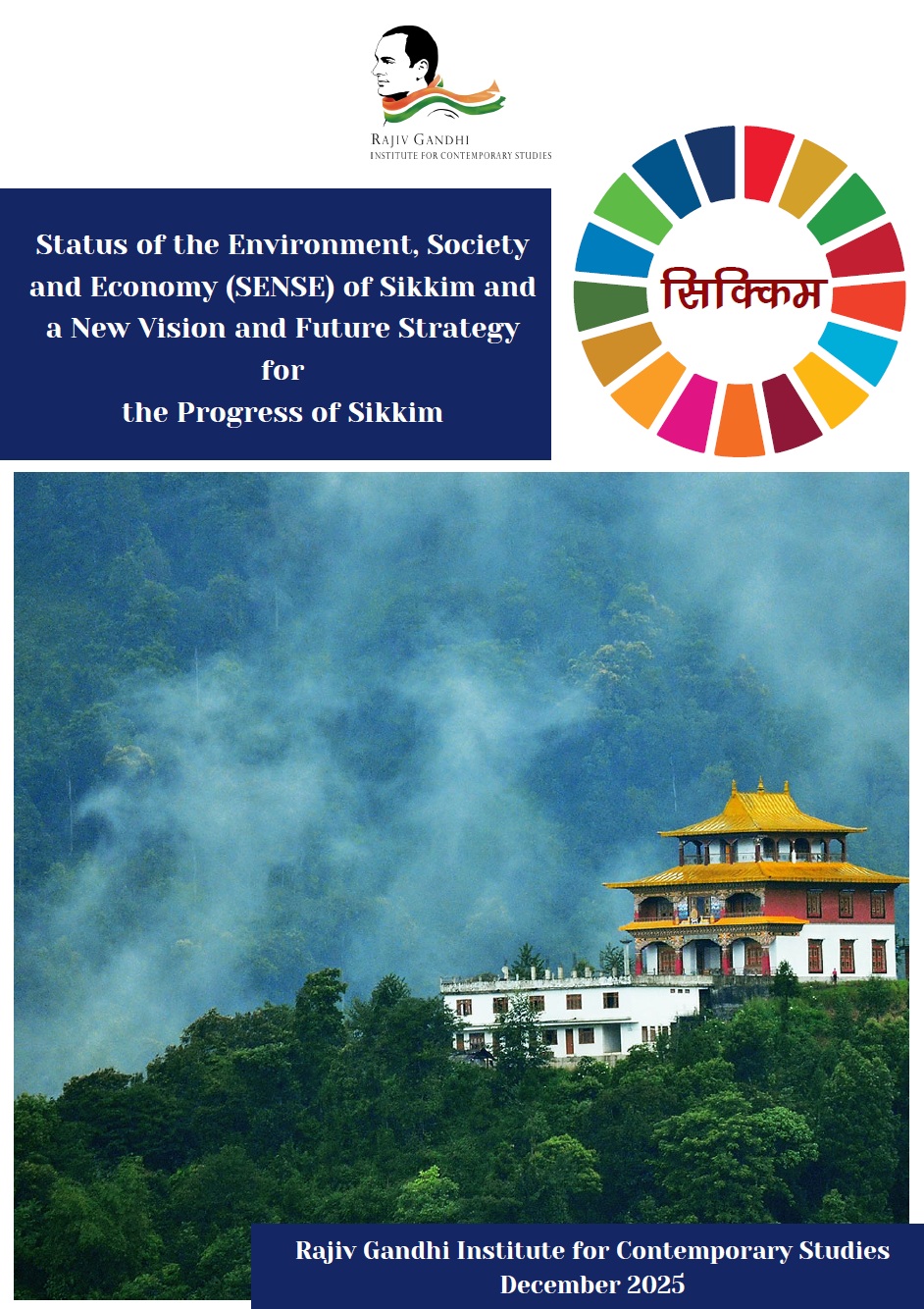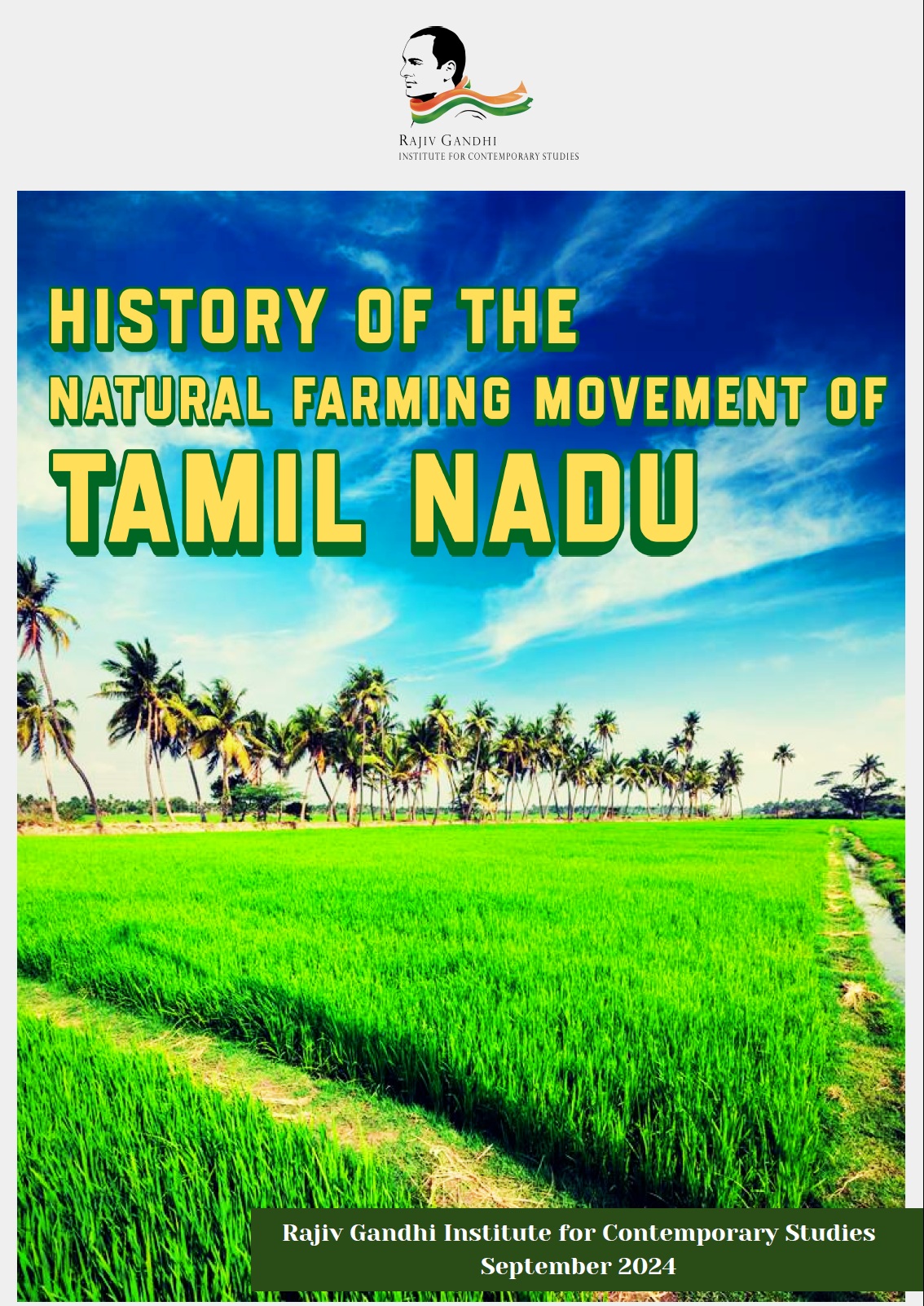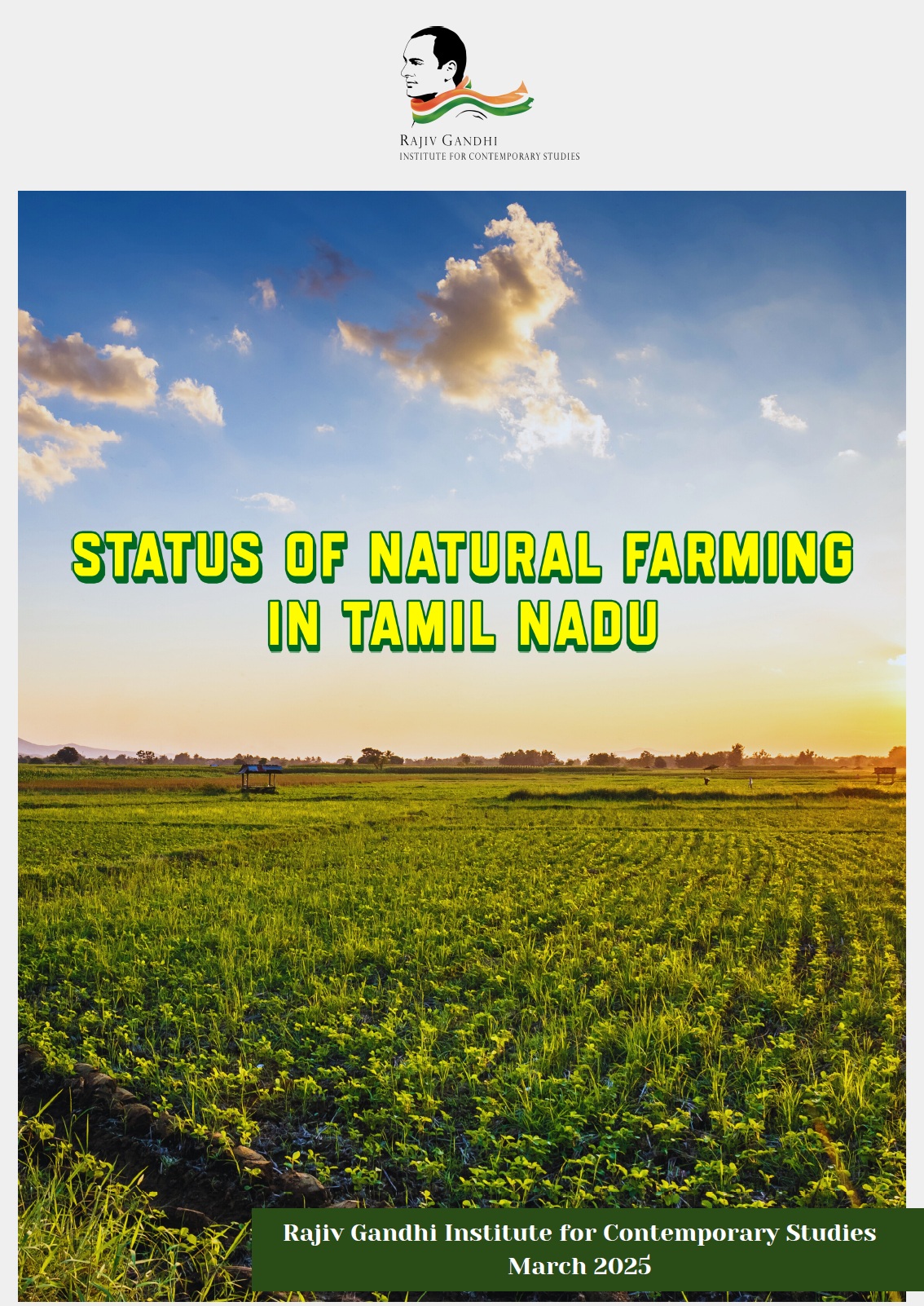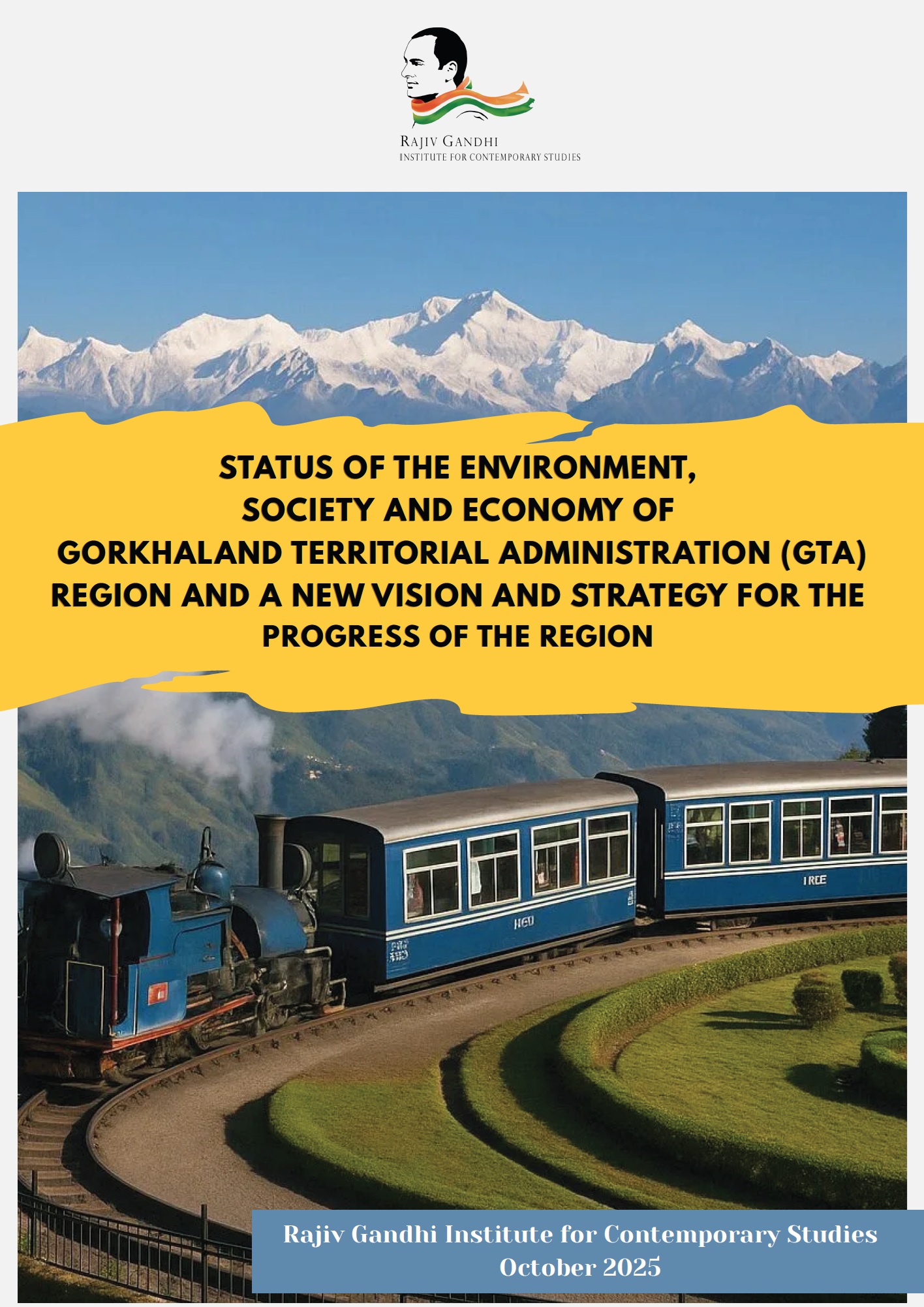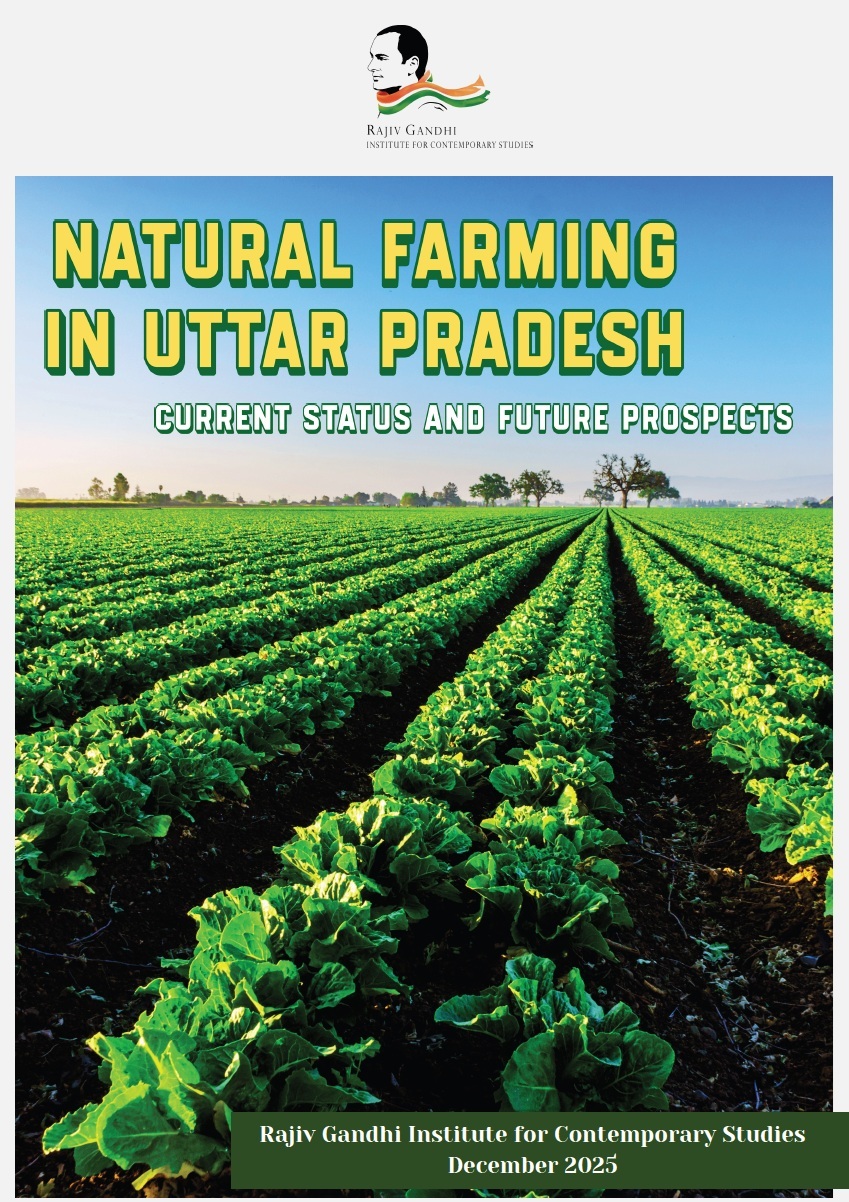This issue of Policy Watch is on the theme of Environment, Natural Resources and Sustainability. It consists of five articles on issues pertaining to conservation of natural wealth (water and forest), mechanisms to remove Green House Gases from atmosphere (carbon credit and green credit schemes) and international environmental conventions and protocols signed by India.
The first article is by Ms. Sneha Mahapatra, Fellow, RGICS. It provides an overview of major international environmental agreements and protocols signed by India. In this article she has touched on 18 different conventions and protocols signed by India, divided in three themes namely Biodiversity Conservation, Protection against Degradation of the Environment and Climate Change.
Collectively these agreements and initiatives underscore the interconnectedness of global environmental challenges and the importance of collaborative action for a sustainable future. The article analyses the status of implementation and bottlenecks therein for two of the most important protocols from each of the three themes.
The second article is an analysis of a newly imposed carbon tax policy of the European Union called the Carbon Border Adjustment Mechanism (CBAM). This article is based on a desk research of RGICS and authored by Mr. Jeet Singh, Head of Research, RGICS.
The article critically reviews the impact of CBAM on India’s net zero pathways, which is aligned with all major international climate conventions and commitments. The article argues that CBAM is an unwarranted external pressure on developing nations that can affect global collective climate mitigation and adaptation negotiations.
The third article by Mr. Devesh Dubey from ARHAS Technologies has critically analyzed the foundation and the future of India’s Green Credit Scheme. The article appreciates the policy but raises apprehensions related to “green-washing” in the guise of green credit in the absence of robust market based mechanism.
The fourth article is on the implementation status of Forest Rights Act in Rajasthan is based on a short qualitative study conducted by RGICS in October to December 2023. This research article by Mr. Murari Mohan Goswami, RGICS field coordinator in Rajasthan attempts to decipher the struggle of villagers to secure rights on community forests and analyzes community processes leading to management of forest resources to maximise their social, economic and ecological outcome. The article argues that strong community leadership, active decision making role of women and community level awareness are essential for sustainable management of community forests.
The final article on water resources of India is an overview of conjunctive use of surface and ground water. This article is by India Data Insights (IDI) and it compiles water related statistics from different sources to argue that water stress is escalating and groundwater reserves are depleting rapidly in India. For effective management of water resources, ground water recharge becomes indispensable.
Policy Watch: Environment, Natural Resources and Sustainability – April 2024
Send download link to:

